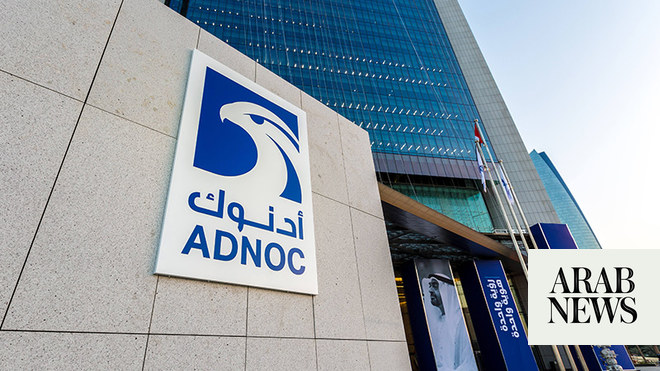
Leave campaigners have begun raising funds to open a Museum of Brexit after the long-awaited project was granted charitable status.
The trustees are seeking to generate £400,000 to buy a home for the museum – possibly in a pro-Brexit town such as Dudley in the West Midlands – plus another £250,000 to set up the institution and a strategic financial reserve of £350,000.
The project is being championed by prominent Brexiters who say they want to set up an institution that will tell the story of Britain’s departure from the EU “before items and stories get lost”.
Although all those involved in the project are keen Brexit supporters and the museum has had no public endorsements from pro-Europeans, the trustees said they were only able to secure charitable status by persuading the Charity Commission that it would be neutral.
A Q&A on the museum’s website says both sides of the Brexit debate need to be presented “fairly and in a balanced way”.
Alex Deane, one of the trustees and the executive director of the Grassroots Out campaign in 2016, said: “There is a tremendous story behind this that deserves to be preserved. Unless we act fast, much of the material from the referendum will be lost. Our objective is to plug that gap at the time when it is easiest – right now, while memories are fresh.”
Other trustees include Lee Rotherham, a former director of special projects at Vote Leave, Thomas Borwick, Vote Leave’s former chief technology officer, Jim Reynolds, the honorary secretary of the Campaign for an Independent Britain, and Gawain Towler, a former director of communications for Ukip.
The museum is intended to include a library and an archive, while its website sets out how people can contribute items, such as correspondence, diaries and campaign material.
According to the prospectus, one model is the Working Class Movement Library in Salford, Greater Manchester, which also houses an extensive collection of books and material for study.
But the museum is also being billed as an attraction for the public as well as researchers, and the prospectus says visitors could be greeted at the door by an image of the former Labour leader Hugh Gaitskell delivering his anti-European Economic Community speech lamenting “the end of a thousand years of history” in 1962.
The museum is designed to explore Britain’s relationship with Europe going back to the Romans and the development of parliamentary democracy, as well as telling the story of the birth of the EU, the UK’s membership, and the 2016 vote to leave.












